QUESTION:
What do the scholars and muftis of the mighty Shari’ah say regarding this matter, what is the Sunnah method of the obligatory ritual bath [ghusl]?
Questioner: Muhammad from UK
ANSWER:
بسم اللہ الرحمن الرحیم
الجواب بعون الملک الوھاب اللھم ھدایۃ الحق والصواب
There are three farā-id [obligatory acts] of ghusl, as mentioned in Fatāwā Hindiyyah: (1) Rinsing the mouth (2) Drawing water into the nose (3) Washing the entire body.
[Fatāwā Hindiyyah, vol 1, pg 13]
(1) Rinsing the mouth:
The summary of what my master A’lā Hazrat Imām Ahmed Razā Khān (upon him be mercy) says in regards to rinsing is that water should flow upon every part and corner of the mouth from the lips to the root of the throat. Like this, water should reach the cheek area behind the molars, the gap between two teeth, the roots of the teeth and every side of the tongue, in fact, water should reach the edge of the throat. If one is not fasting, then he should also gargle as it is Sunnah. If betel nuts or meat fibres are present in between the teeth, then it will be necessary to remove them. However, if by removing them, there is a risk of harm, then it is excused. If the fibre etc. was not noticed before ghusl and they remained, and one has also prayed, and later on he realised, then it is obligatory [fard] to remove it and pour water on it; the namāz which he prayed before this is valid. The loose tooth which is secured by a filling or a wire, and the water does not reach beneath it [i.e. the filling or the wire,] then it is excused.
[Fatāwā Ridawiyyah, vol 1, pg 439-440]
(2) Drawing water into the nose:
One should remember that at the time of drawing water into the nose, the water must reach the area where the hard bone begins and this is only possible if the water is sniffed and pulled upwards. It should be noted that even the amount equivalent to a hair should not be left unwashed, otherwise ghusl will not be valid. If nasal mucus has dried, then removing it is fard. Also, washing the nasal hair is also fard.
[Fatāwā Ridawiyyah, vol 1, pg 439-440]
(3) Washing the entire apparent form of the body:
From the hair of the head till the soles of the feet, it is necessary for water to flow over every part of the body. Some parts of the body are such that if care is not taken, they remain dry and ghusl will not take place.
In Hanafī law, the method of ghusl is as follows: first of all, one should make an intention in the heart that one is performing ghusl to attain purity. Then both hands should be washed to the wrists, three times, then the area of istinjā’ should be washed, even if it is free from impurity. Then, if there is any impurity present on the body, it should be removed, then wudū will be made like that of namāz, if water gathers in the place where the feet are, then the feet should not be washed, and if ghusl is being performed on a solid floor [e.g. concrete, tiling, etc], as is the case today, then the feet will be also be washed. Thereafter, water should be rubbed onto the body like oil, especially during winter. Then, water should be poured over the right shoulder three times and then the left shoulder three times. After that, it should be poured over the head and body three times, then one should move from the place of ghusl, and if the feet were not washed during the performance of wudū, they should be washed now. The entire body should be rubbed whilst bathing, and bathing should be carried out in such an area where people cannot see. Any kind of talking should not be done during ghusl, nor any du’ā’ read. There is no harm in drying the body with a towel after ghusl and clothes should be worn immediately after [ghusl].
واللہ تعالی اعلم ورسولہ اعلم صلی اللہ علیہ وآلہ وسلم
کتبہ ابو الحسن محمد قاسم ضیاء قادری
Answered by Mufti Qasim Zia al-Qadri
Translated by Zameer Ahmed
Read the original Urdu answer here – [Q-ID0252] What is the method of performing ghusl [the ritual bath]?
Also see:
[Q-ID0306] I have nose and ear piercings, do I take extra caution when performing the ghusl bath?
[Q-ID0827] If I forgot to wash my nose during Ghusl, will my prayers be valid?
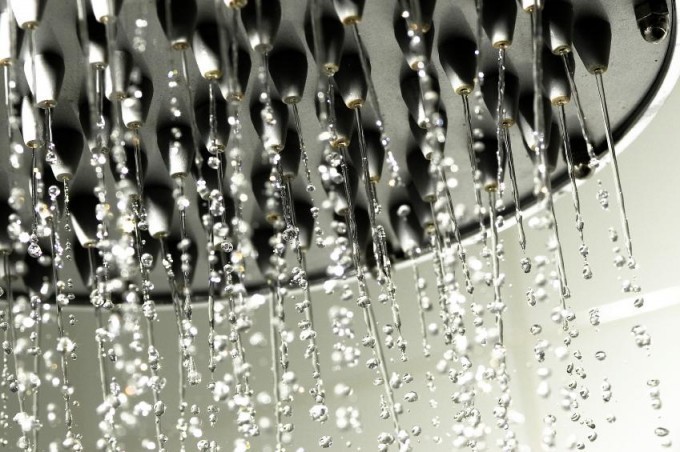


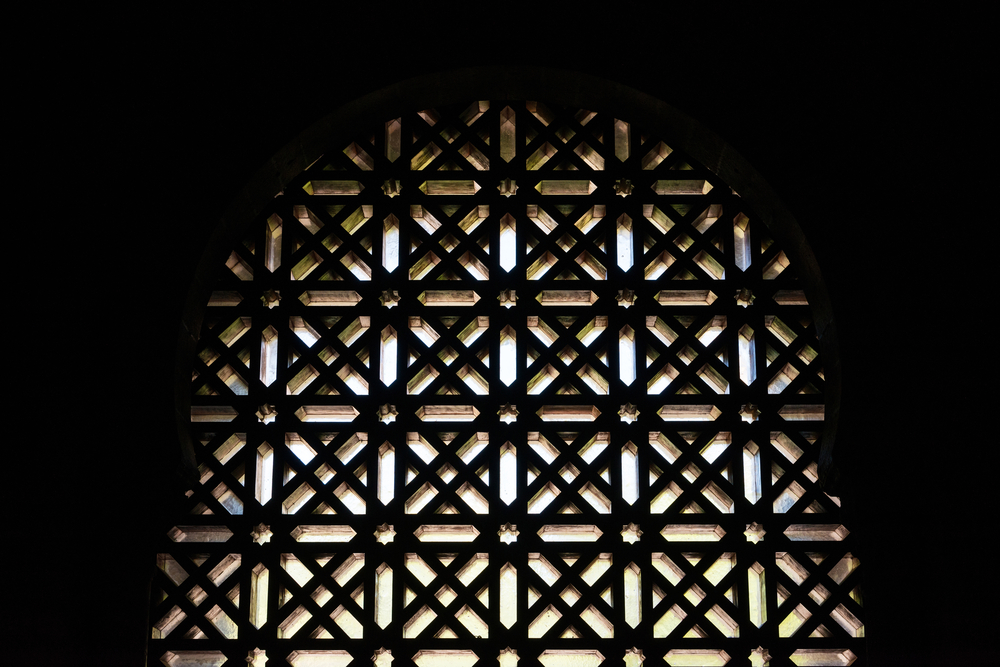
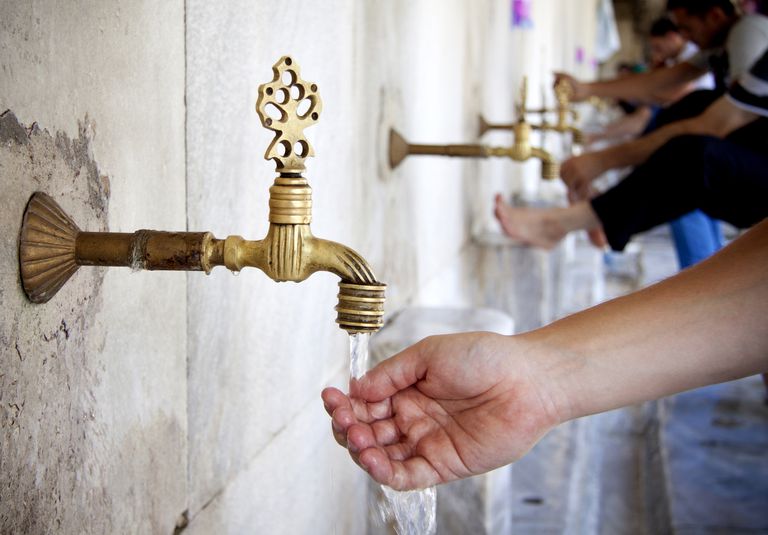



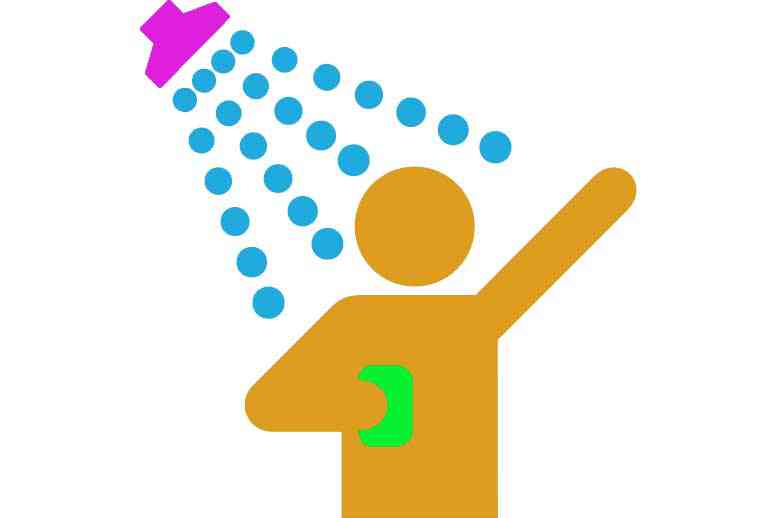
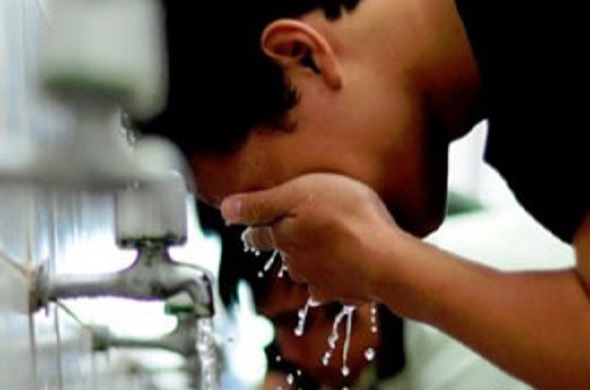

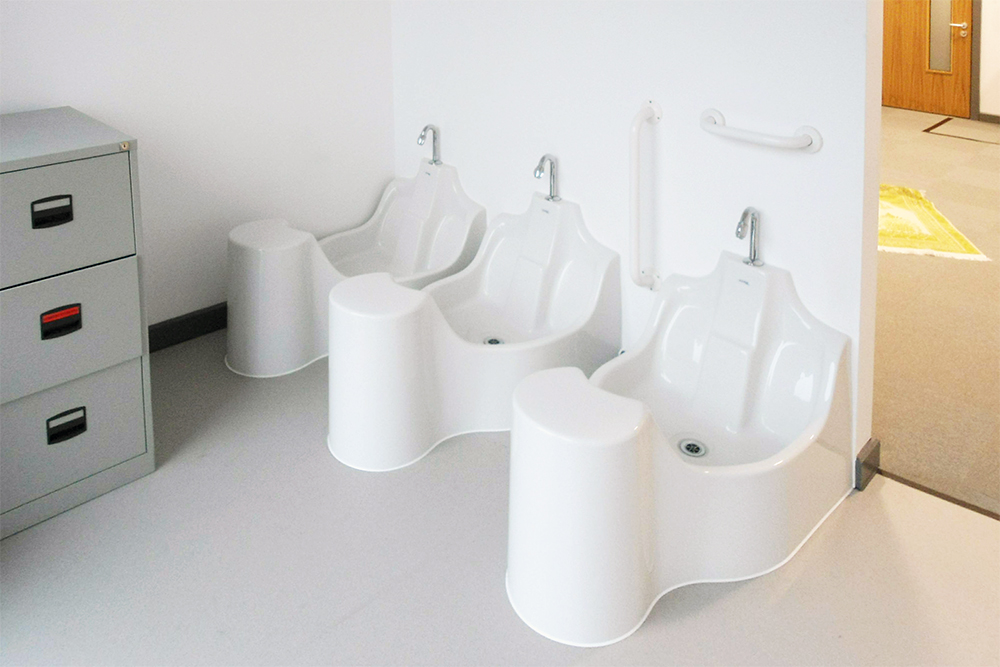

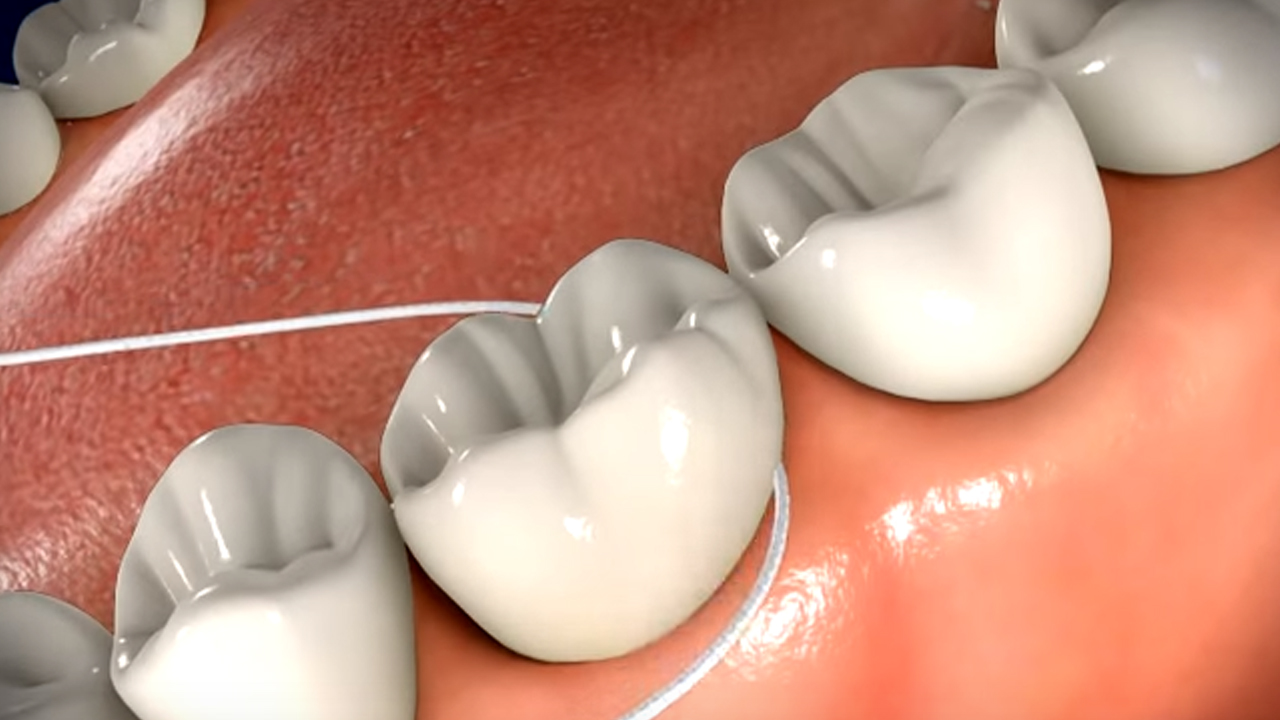





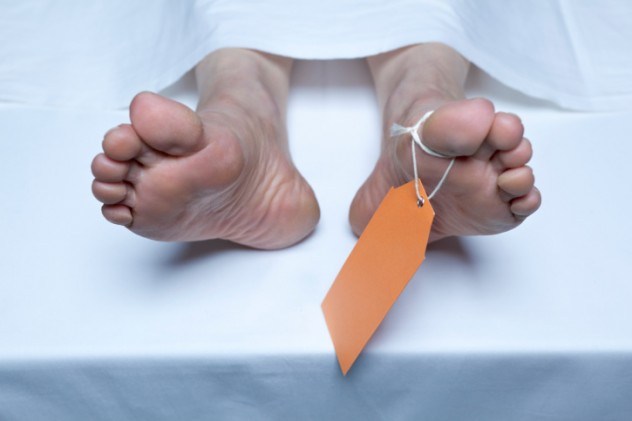

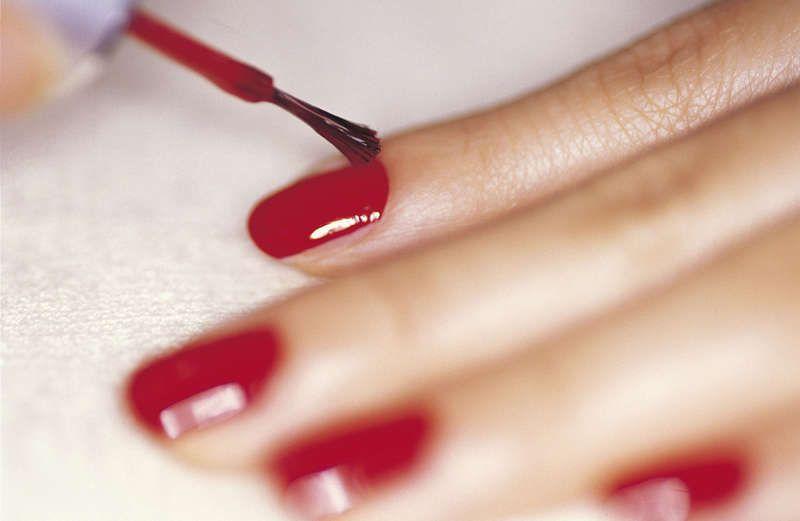


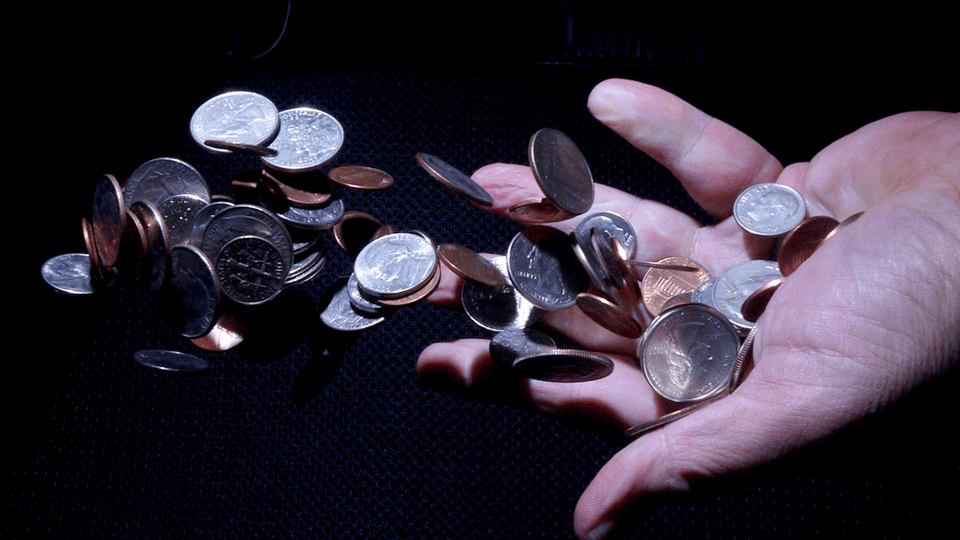
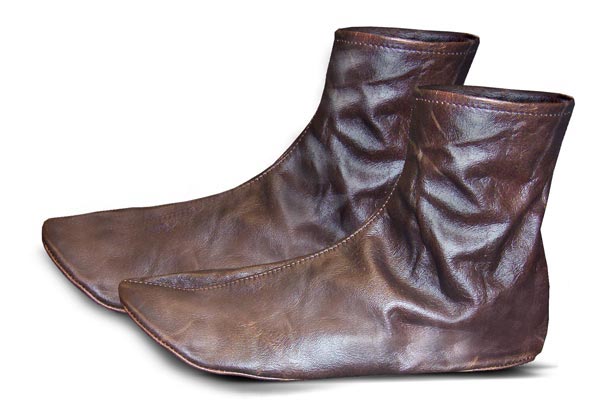
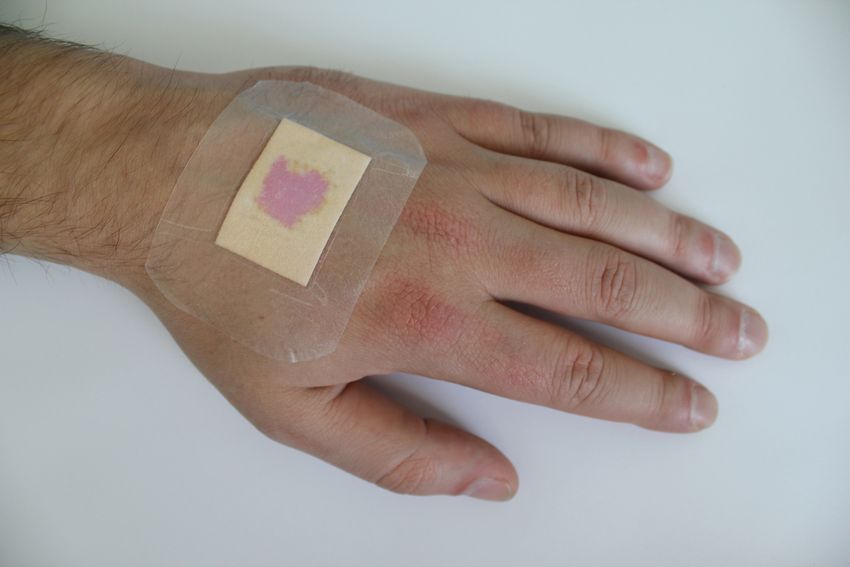
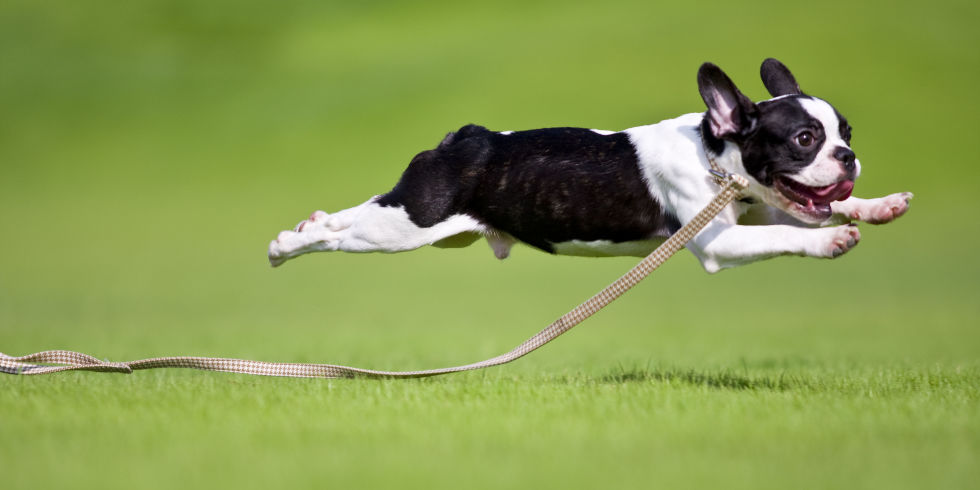
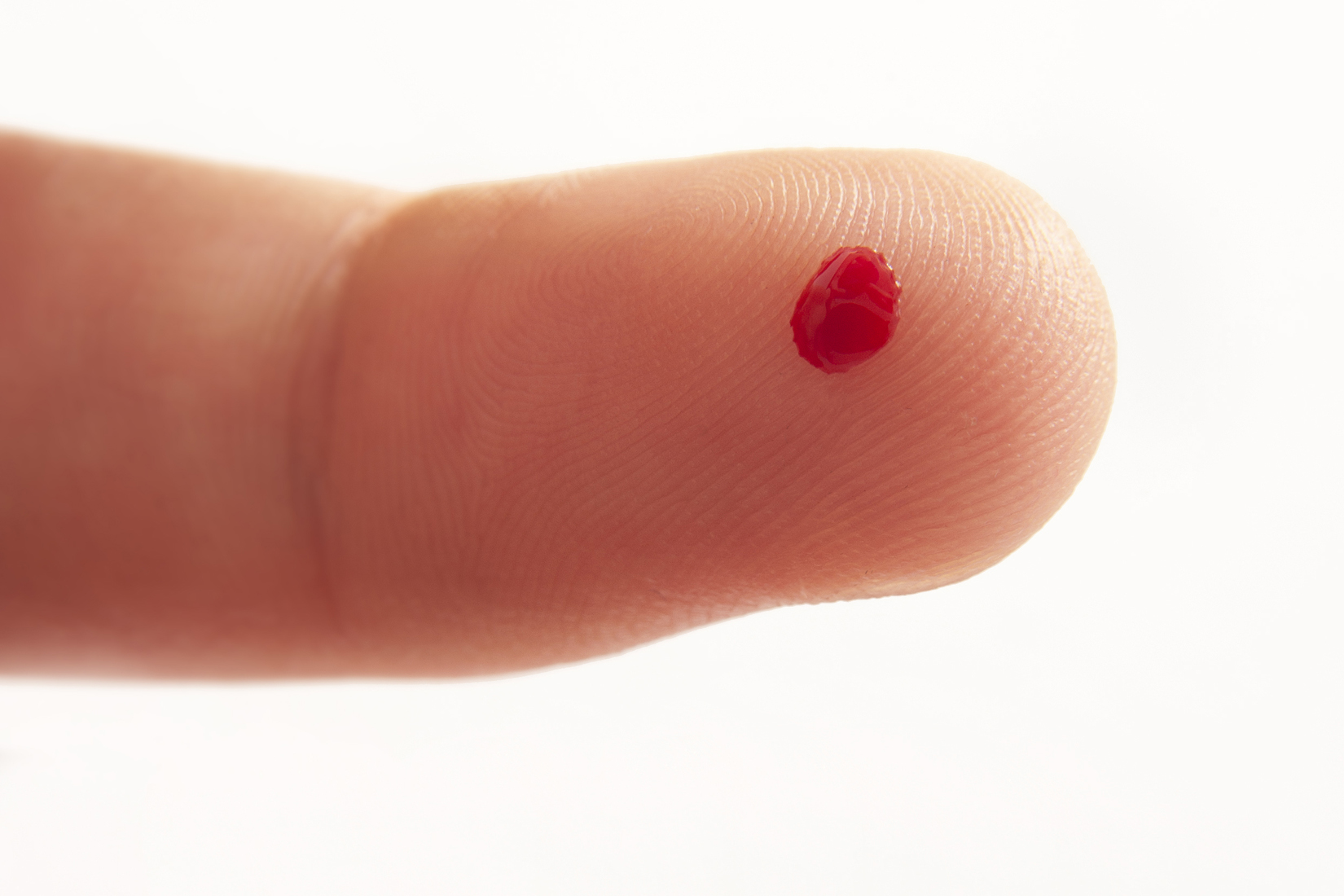



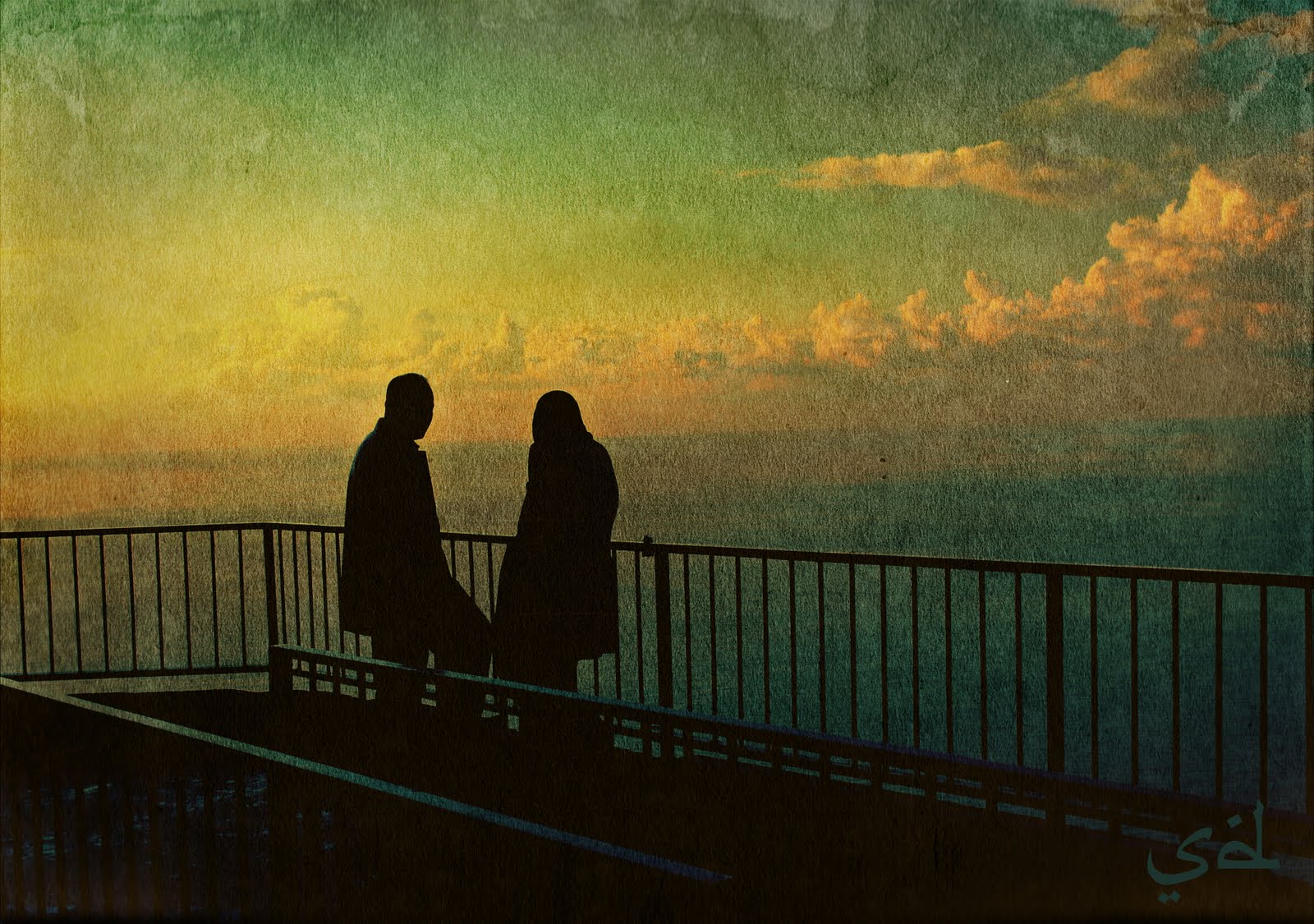
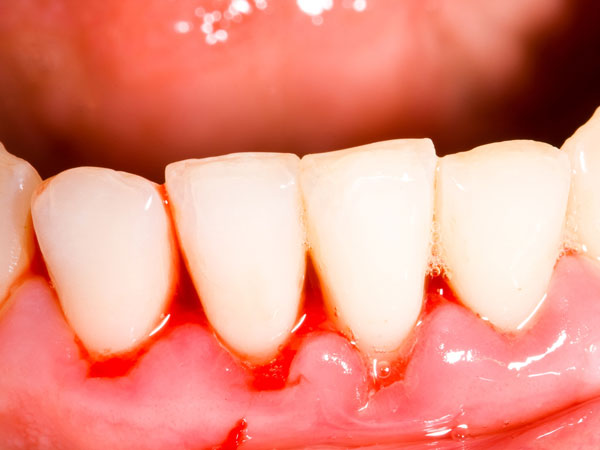
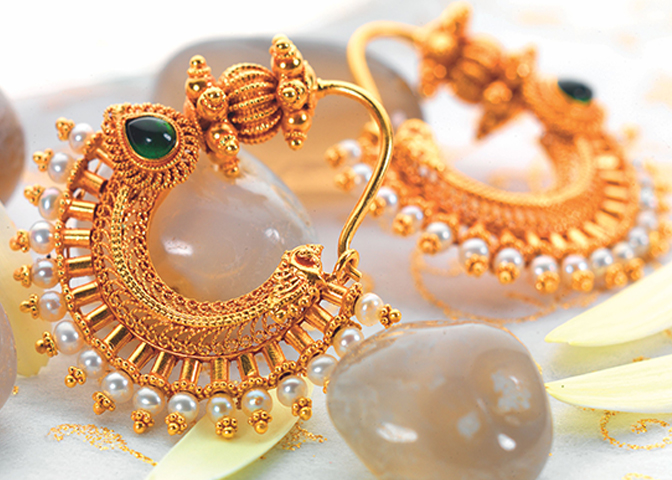
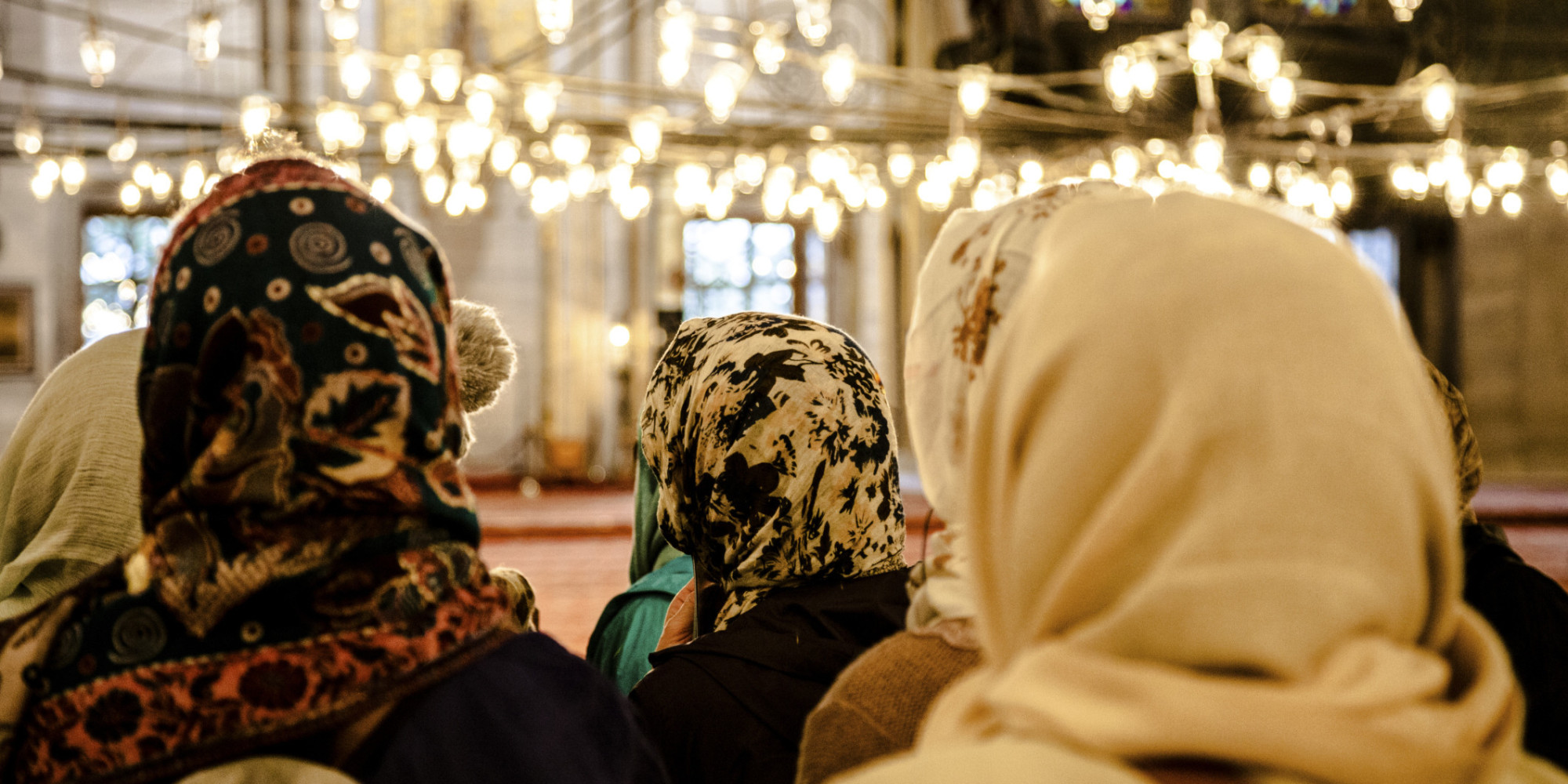
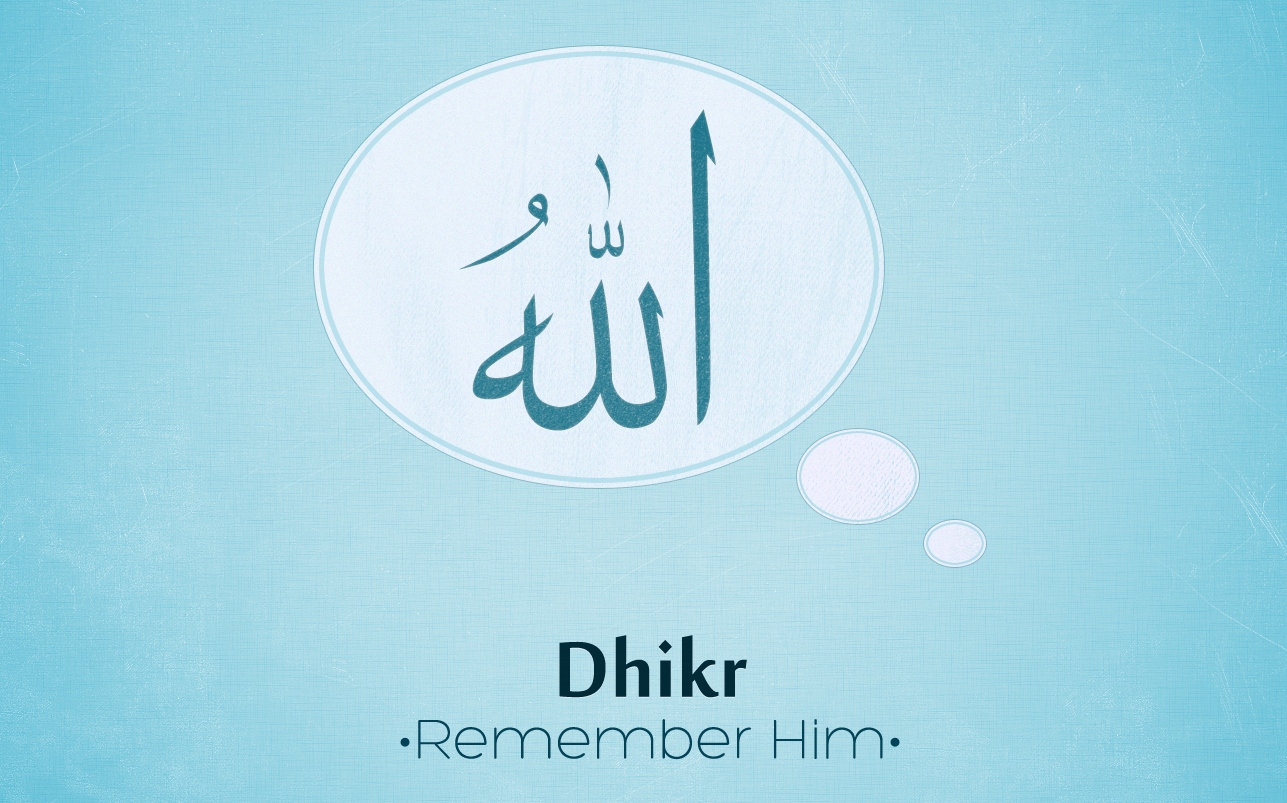
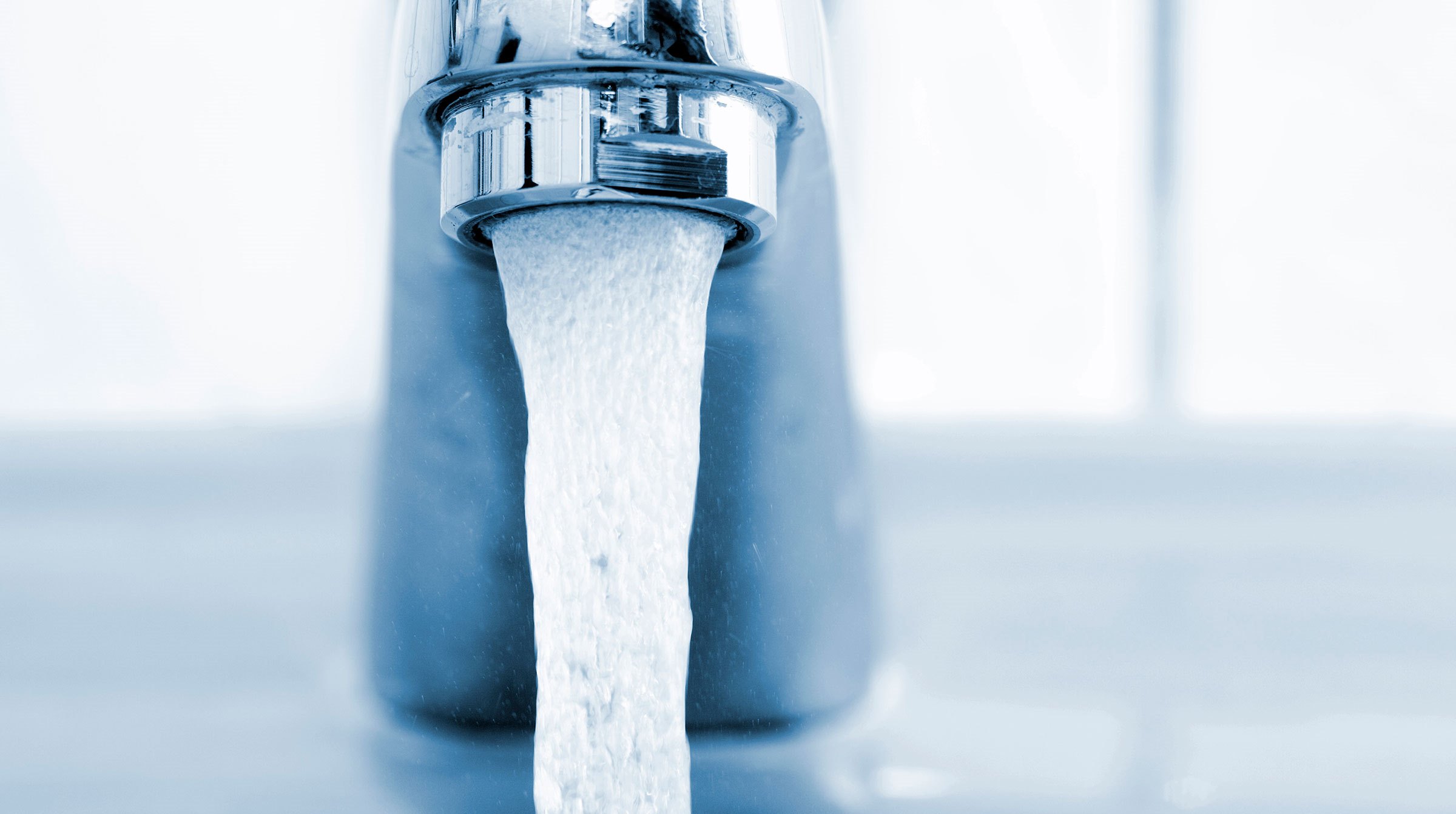
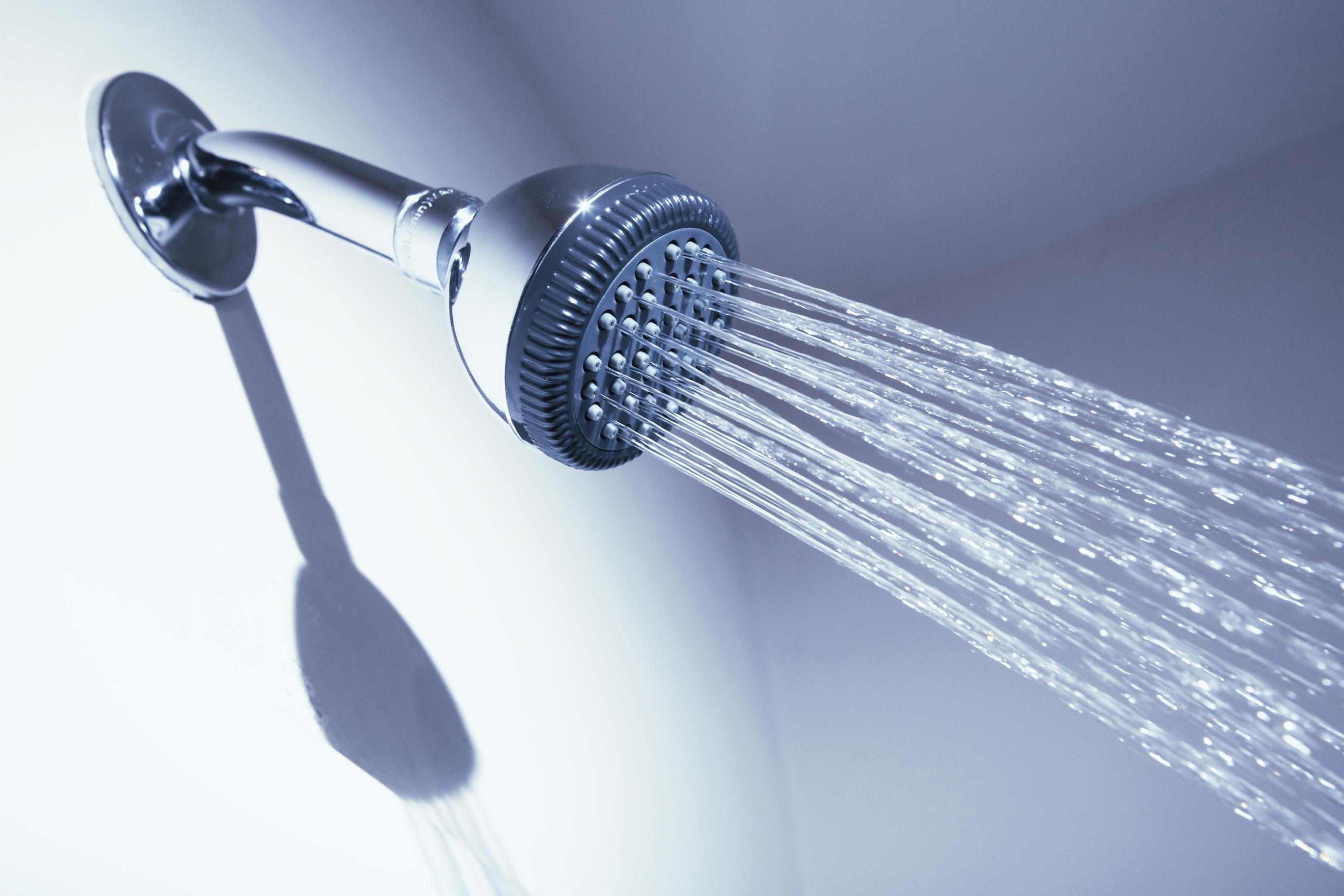
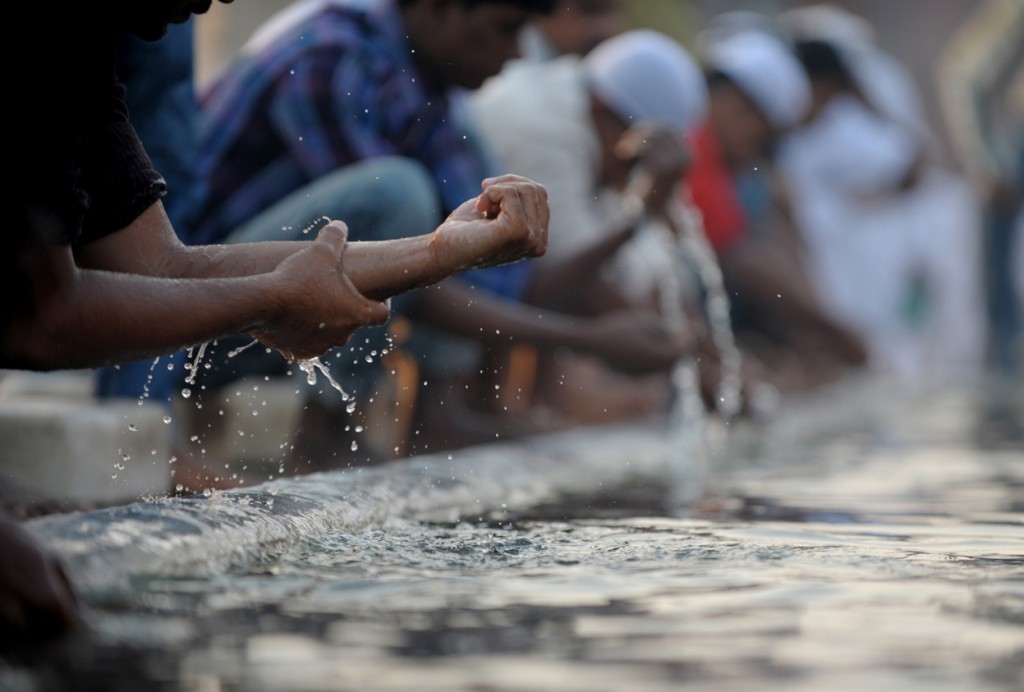
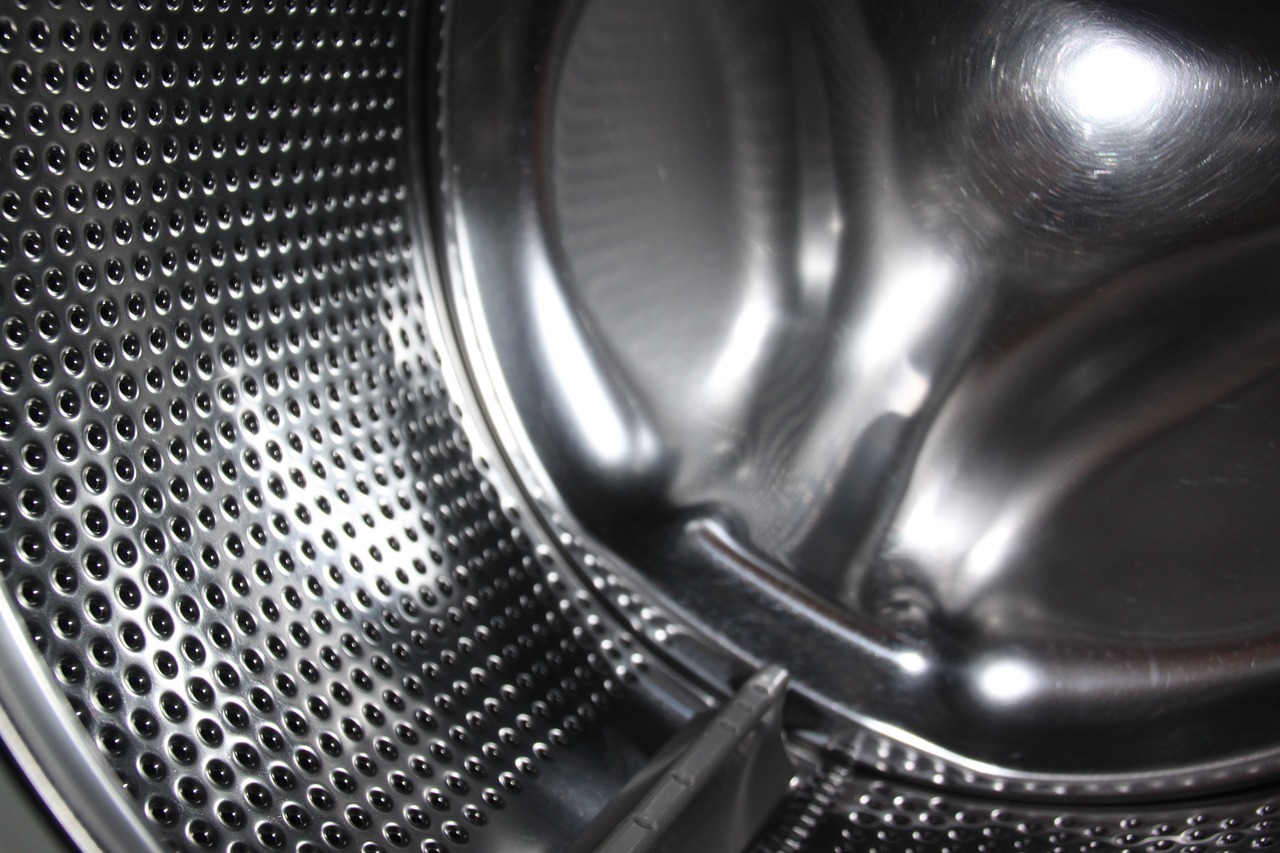
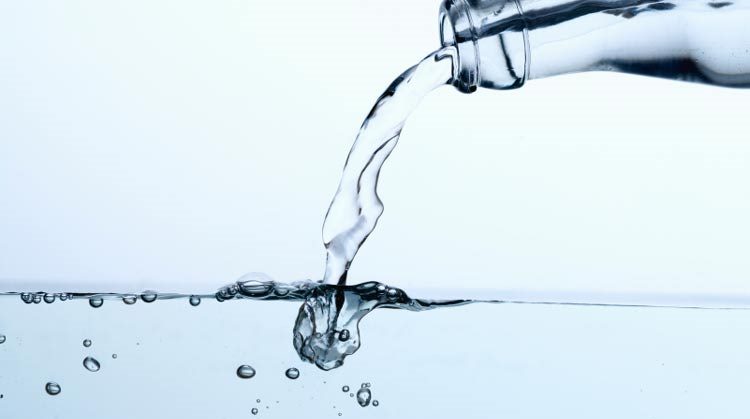
![[Q-ID0201] Can I recite the Qur’an, do dhikr and dua without wudu?](http://www.seekerspath.co.uk/wp-content/themes/hueman-pro/assets/front/img/thumb-medium-empty.png.pagespeed.ce.q0RS_Oe2Ar.png)









